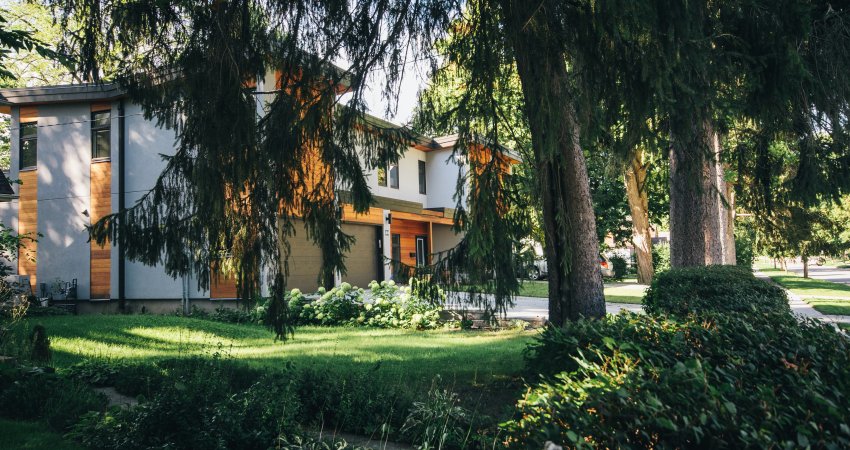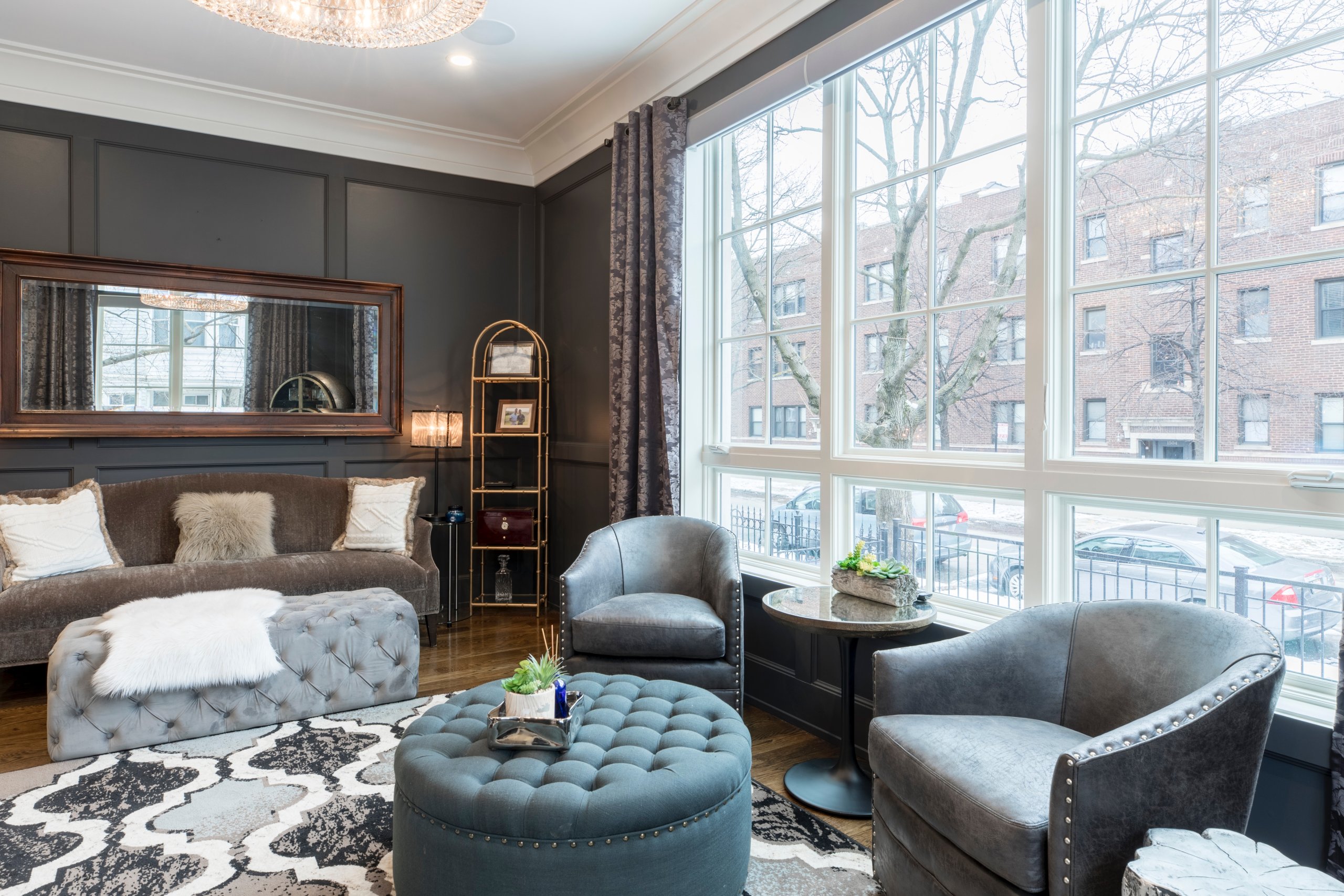Young families are now living their dreams thanks to a range of home loans designed especially for them. Gone are the days when bad credit or lack of funds meant you can’t obtain a home loan to purchase the home of your dreams. While these factors may have been insurmountable factors in the past, they are no longer legitimate obstacles for the first time home buyer who is seeking a home loan.
New opportunities have appeared throughout the nation thanks to an abundance of creative home loan (mortgage) programs to help the first time home buyer who previously had been denied access to the housing market. There are credit workshops, down payment assistance plans, home buying initiatives and grants earmarked especially for first time home buyers springing up everywhere. Many people either don’t know about these first time home loans or grants or they don’t know how easily they can get them.
Overview of First Time Home Owner loans
It’s difficult for young people to often buy a home since they are just starting out with their careers and may still be paying on a large student loan. Some people turn to first home buyer options to help with overcoming the money hurdles of the home loan. There are a variety of these programs to choose from and each one is different, depending on where they’re offered. The objective is this: first time home buyer loans give financial assistance to qualified borrowers. They have the options of doing this in the following ways:
- Allow for a very low (or no) down payment
- Subsidize interest costs (they pay all or part of it)
- Offer grants
- Forgive loans
- Limit fees that lenders are allowed to charge
- Defer payments
The Government will help with a home loan for first time buyers
Many first time home buyers are discovering they qualify for down payment or home loan assistance. The U.S. Department of Housing and Urban Development gives states and municipalities money to distribute to low- and moderate-income families to put toward their down payment or closing costs each year. Prospective homeowners can obtain up to $15,000 for a home loan. The good news is that sometimes, the money is made available as a home loan that is completely forgiven if the home buyer promises to stay in the home for three to five years. Some programs offer up to 10% of the purchase price. To qualify for down payment assistance, a person typically can earn no more than 80% of a region’s median income.
The first step for hopeful buyers seeking a home loan should be to contact their state housing finance agency. There are dozens of relevant agencies listed on the National Council of State Housing Agencies’ Website at http://www.ncsha.org. There is a wealth of information to be found online for first time home buyers seeking a home loan.
Prospective home owners should also check with their community development office and ask about home loan programs and grants offered for first time home buyers. Don’t overlook local community organizations and church leadership. They may know of housing assistance programs in the community.
Usually the home buyer will try to put together several grants totaling the amount of the targeted home loan. Quite often local banks participate in issuing these home loans to first time home buyers. There are often strings attached but it can be a small price to pay for the possibility of receiving free money or financial aid that could not be obtained otherwise. Each home loan program will have its own individual set of rules.
One of the contingencies of receiving these home loans for first time home buyers is that prospective home buyers must attend several hours of informal counseling. The industry wants to make sure prospective first time home buyers know how to steer clear of predatory lending practices. They may also discover their credit score is good enough for a traditional mortgage/home loan.
Counseling Classes for Obtaining a Home Loan
The home-buying process can be confusing even for people who have bought several homes. Being familiar with offers, counter offers, appraisals, closing procedures and so on, before beginning the search will help alleviate some of the stress and allow a person to make more informed decisions.
Local first time home buyers counseling services offers home buyer education classes. The programs are free and open to anyone interested in buying a home.
Programs For first Timers
Banks, financial institutions, and even nonprofit groups, such as Goodwill are making it easier than ever for you to go from renter to homeowner. There are numerous programs available to provide down-payment assistance. These programs can alleviate some of the initial stress of coming up with enough cash upfront. The following is just a sampling of what’s out there.
- Wells Fargo www.wellsfargo.com. The Home Opportunities program is available to public employees and members of the military. It offers no-money-down, up to 100% financing on a single-family home, condominium, co-op, or multi-unit property.
- Washington Mutual www.wamu.com; WaMu offers potential home buyers deferred payment or low-interest loans, down payment and mortgage assistance, and shared appreciation mortgages.
- The Neighborhood Assistance Corporation of America www.naca.com ; Services from this nonprofit community advocacy and housing organization include home-buying workshops, financial counseling, and home evaluations.
- The Nehemiah Program www.nehemiahcorp.org; this is the nation’s largest privately funded down payment assistance program. Among the features of The Nehemiah Program are gift funds up to 6% of the final contract sales price to put toward down payment and/or closing costs and financing for new construction or the purchase of an existing home. There are no income, asset, or geographical restrictions to qualify.
While they are a perfect fit for some, first time home buyer loans are the wrong choice for others.
Pitfalls of First Time Home Loan
For some first time home buyers, these programs are perfect. They open the door to homeownership where a family would not have been able to buy a home. Communities also benefit from first-time home buyer loans – homeowners take care of their property, get involved, and contribute to the economy. Nevertheless, first-time home buyer loans can be the wrong choice in some cases.
With a subsidized first time home buyer loan, you face some challenges:
- Lower value home may not be the home you want
- You might lose some of the benefits of the program if you sell your home too soon
- You may have to pay recapture tax for some of the benefits you received
- You may be limited to a shortlist of loan types (only 30 year fixed rate mortgages)
- You may have to share increased home values with the program
Given these restrictions, you may do best to avoid subsidized first time home buyer loans. You’ll probably come out ahead using a plain-vanilla mortgage if you’ve got decent credit. With a FICO credit score above 720, you probably won’t see an advantage with the subsidized first-time home buyer loan. Once you get below 680, the subsidized program will start to look better. These days, you can get traditional home loans/ mortgages with very little down.






